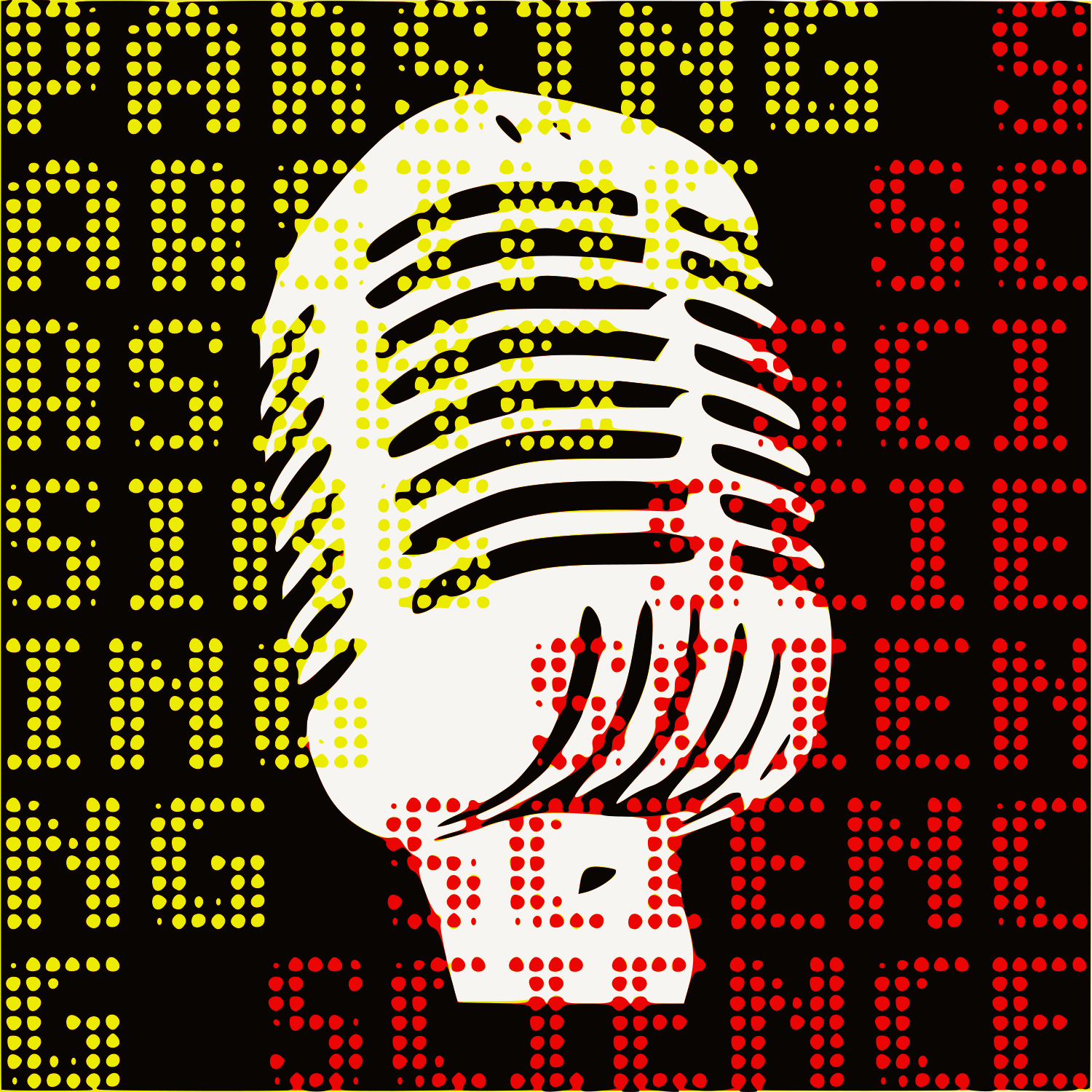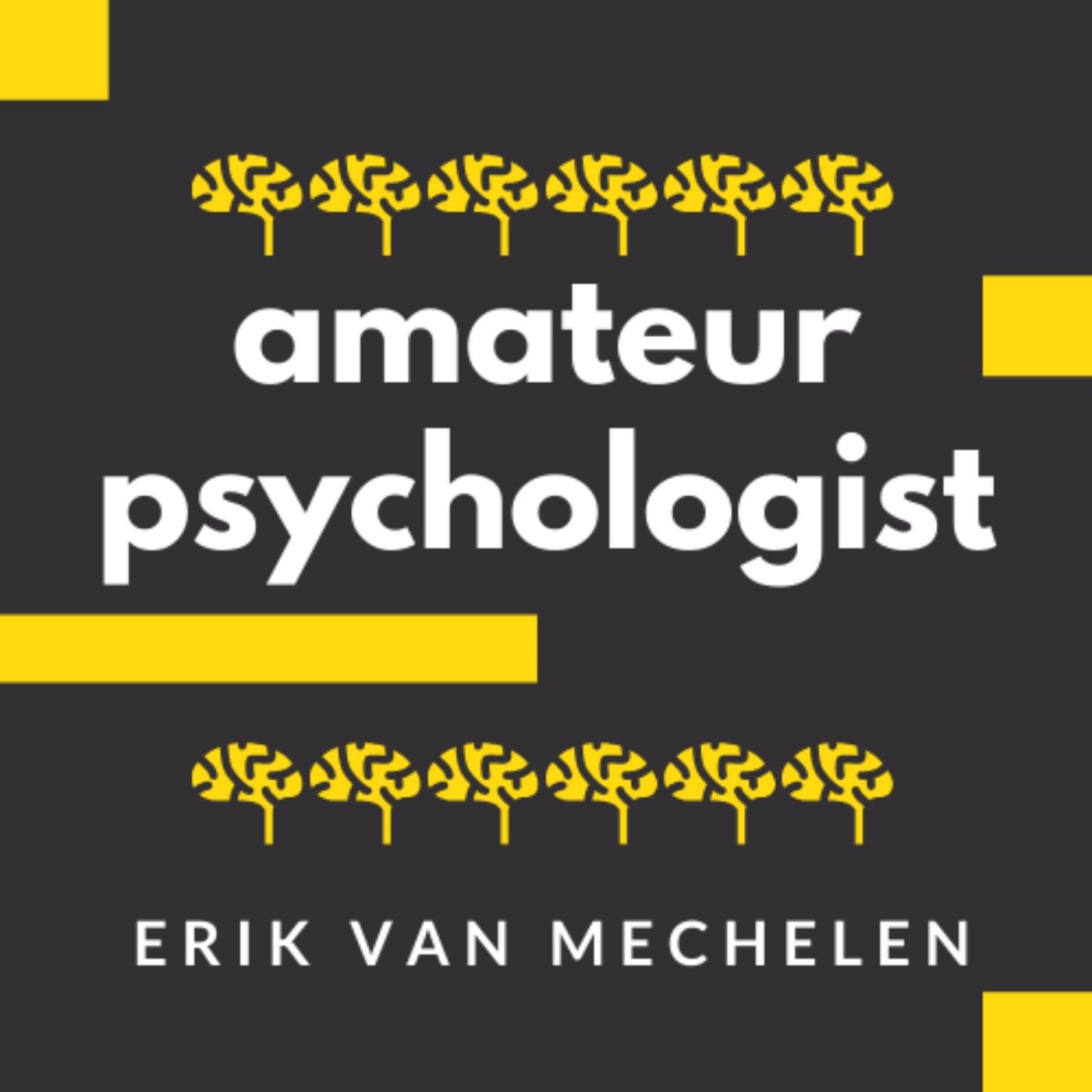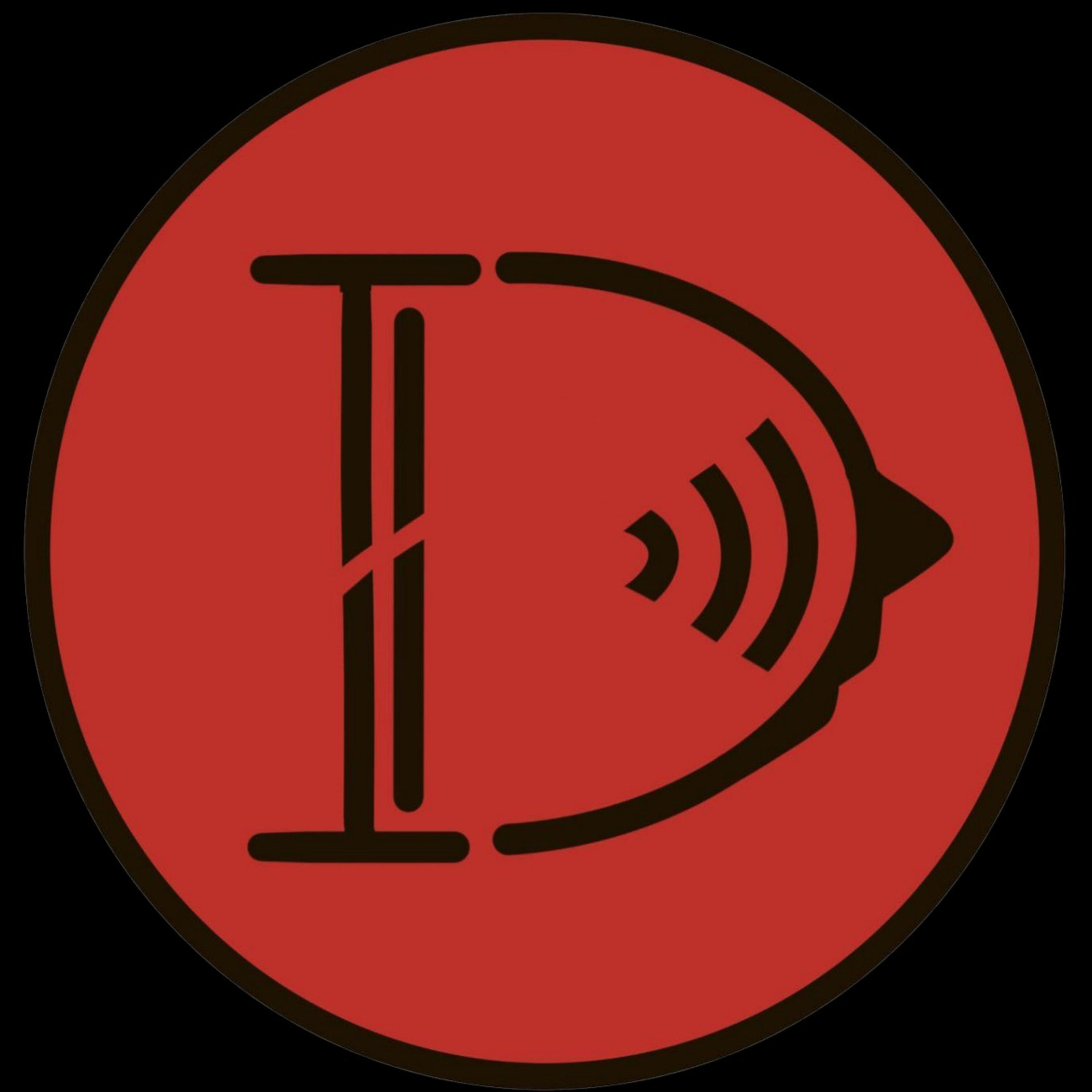 |
Parsing Science: The unpublished stories behind the worlds most compelling science, as told by the researchers themselves.The unpublished stories behind the worlds most compelling science, as told by the researchers themselves. Author: Parsing Science: The unpublished stories behind the worlds most compelling science, as told by the researchers themselves.
On Parsing Science researchers share the unpublished stories behind their recent research and share the background that led to their scientific discoveries. In the show we explore what doesnt makes it into scientific journals taking listeners behind the scenes of worlds most compelling science. Language: en-us Genres: Natural Sciences, Science, Social Sciences Contact email: Get it Feed URL: Get it iTunes ID: Get it |
Listen Now...
Wednesday, 1 January, 1000









